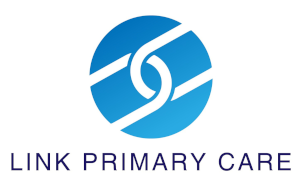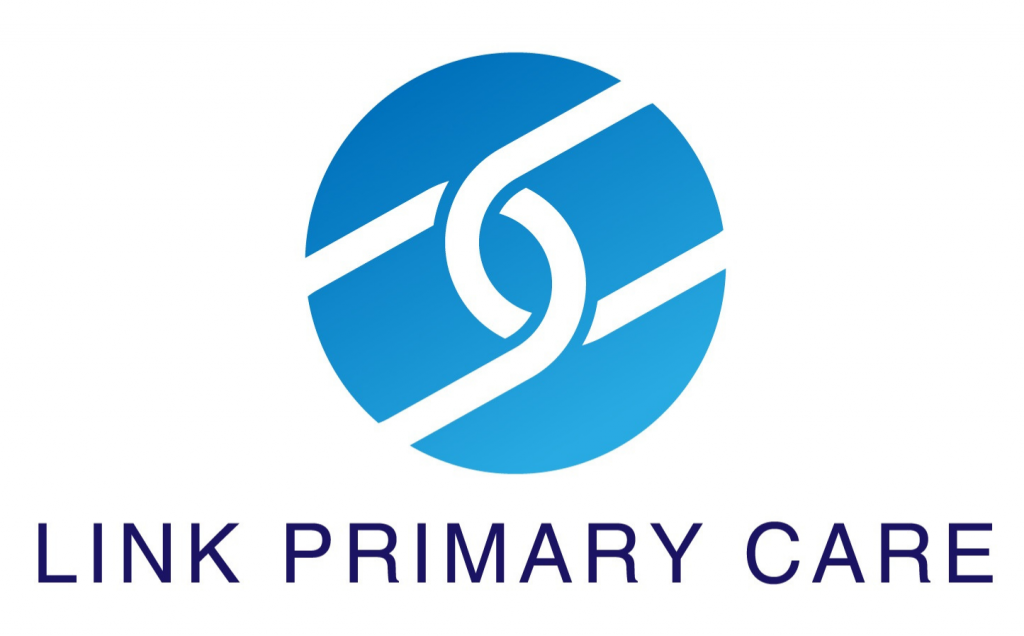Doing Business in St. Louis | Small Business Guide
Congratulations on being a small business owner in one of the best cities in the USA! Embarking on the journey of entrepreneurship can be an immensely rewarding experience. However, running a small business in St. Louis can be fraught with challenges. Overcoming these challenges requires a mix of adaptability, resilience, and knowledge.
This article serves as a guide to successfully doing business in St. Louis, MO. It was written by a local small business owner who has been serving St. Louis, residents for years. It includes many tried-and-true business tips to help St. Louis small business owners thrive in their ventures. No matter what kind of small business you operate, we hope you gain something from their wisdom and experience.
What it Looks Like to Do Business in St. Louis
Every city has it’s unique business environment and culture. From taxes to niche industries, you need to get a picture of what doing business in St. Louis will be like. If you’re about to launch your own company, get a feel for what’s happening. If you’re a business owner veteran, brush up on what might have changed since you first started.
Taxes
Like most states, Missouri has its own policies for employment, sales, and service taxes. Make sure you speak with an accountant to understand your specific tax situation. Check out other online tax resources to see what standard rates apply to you.
For example, small businesses in Missouri pay:
- Corporate income is around 4%
- Employment taxes ranging from 1.5% to 5.4%
- Sales and use tax
St. Louis imposes a small business tax for every non-exempt entity in the city. From the city government website:
All businesses located in the City of St. Louis, except those exempted by law, are required to pay the earnings tax of 1% of the business’s earnings. Non-resident businesses, except those exempted by law, who perform work, services, or business activity in the City of St. Louis are also required to pay earnings tax.
Key Industries
What are the main drivers of the St. Louis economy? Here’s a list of the top five. Of course, every type of business can carve a space in one of the leading city economies in the country.
1. Auto Manufacturing
St. Louis has a thriving manufacturing industry, with Fortune 500 automobile manufacturers such as Ford, Chrysler, and General Motors having major plants located here.
2. Education
With a key University of Missouri campus located in the city in addition to the prestigious Washington University in St. Louis, the city is home to many economy-driving institutions.
3. Healthcare
From direct primary care practices like Link Primary Care to large hospital systems, health drives a large portion of the city’s economy.
4. Financial Services
Money makes money, and that’s the case for financial services. St. Louis is home to many long-standing institutions like Brown Smith Wallace LLP, Edward D Jones & Co LP, Stifel Financial, and Providence Financial.
5. Brewing
Anheuser Busch Brewing Company is headquartered in St. Louis and is one of the world’s largest brewers (if not one of the largest companies in the world in general). The company employs tens of thousands of people across the globe.
Small Business Resources
St. Louis is home to many resources and organizations that help small businesses thrive. They have a chapter of the SBDC, which every business owner should check out at least once. The Urban League of Metropolitan St. Louis also provides excellent training and assistance to women running microenterprises. Need help licensing and permitting your business? The Business Assistance Center is the spot for you.
14 Tips for Small Business Owners in St. Louis
In addition to St. Louis-specific information, we want to provide business owners with general advice that may prove vital to their business success.
- Know Your Market
One of the biggest reasons entrepreneurs fail is that they don’t know who their target market is. To be successful, you must understand who your target customer is and what they need or want. Market research provides valuable insights into your potential customers’ behaviors and preferences. This data can help you plan and promote your business more effectively.
- Manage Finances Wisely
- Budget meticulously. Overextending can result in financial strain.
- Keep personal and business finances separate.
- Consider hiring an accountant or using accounting software to track revenue and expenses.
- Deliver Exceptional Customer Service
Depending on your business, you may have many local competitors who are selling similar products or services at similar prices. Exceptional customer service can be the key to building customer loyalty. Build a relationship with your clients. Prioritize their needs, listen to their comments, and address any complaints promptly. Always remember, a happy customer is more likely to be a repeat customer, as well as one who will refer your business to others.
- Stay Adaptable
Local, national and international marketplaces are all dynamic environments that change rapidly. Natural disasters, new rules and regulations, and technological developments are just a few of the outside forces that can impact a business. The business landscape can shift rapidly, sometimes with little warning. Be ready to pivot your strategies or products based on market demands or unforeseen challenges.
- Leverage Digital Presence
An online presence, whether it’s a website, social media, or both, is essential in today’s digital age. Ensure your online platforms are user-friendly and up-to-date. Consider investing in digital marketing and SEO to reach a broader audience.
- Focus on Quality, Not Just Quantity
It’s tempting to diversify rapidly, but offering too many products or services can dilute your brand. Prioritize quality and hone your niche.
- Invest in Employee Training and Well-being
A motivated and well-trained team can be your greatest asset. Provide opportunities for growth and ensure a positive working environment.
- Stay Updated on Industry Trends
Regularly attending workshops, webinars, and conferences can keep you informed about the latest developments in your sector.
- Build a Strong Brand Identity
Your brand is more than just a logo. It’s the voice, imagery, and values your company represents. Make sure your brand resonates with your target audience and differentiates you from competitors.
- Set Clear Goals and Track Progress
Establish short-term and long-term objectives. This will give direction to your business strategies and provide milestones to celebrate. Regularly review your performance metrics. If something isn’t working, adjust accordingly.
- Learn from Mistakes
Failure is often the best teacher. Instead of being discouraged by setbacks, analyze what went wrong and use it as a learning opportunity.
- Prioritize Work-Life Balance
Burnout can be detrimental. While hard work is vital, it’s equally important to take time off and recharge.
- Consider Sustainability
Adopting eco-friendly practices can not only reduce costs in the long run but also appeal to an increasing number of consumers who prioritize sustainability.
- Seek Feedback
Encourage reviews and testimonials. Feedback, whether positive or negative, can provide insights into areas of improvement.
Finally, Get Started with Networking
Doing business in St. Louis gets a lot easier when you know other professionals passionate about building their businesses. For specific events, we recommend searching Eventbrite and Meetup.com for upcoming opportunities. If you’re looking for new groups to join, here are five suggestions.
- Young Professionals Network: This Regional Business Council group offers free professional development help and organizes social, philanthropic, and cultural get-togethers for people under 40.
- St. Louis Transplants: Founded by Anthony Bartlett (see “First-Timer Fallacies”), the group aims to assist both newbies and returnees.
- Venture Café: Every Thursday at @4240 at Cortex, it caters to the innovation and startup community.
- ForeBusiness: If golf’s your game, ForeBusiness offers the chance to network—and improve your swing.
- Professional Women’s Alliance: Whether you’re a CEO or a self-employed CPA, the preeminent local organization for women in business is a helpful resource.
Don’t Forget Small Business Health Benefits
Link Primary Care is here to help your St. Louis businesses thrive. Our direct primary care models offer affordable, quality healthcare benefits to you and your employees. With one of our memberships, your employees receive unlimited primary care services and same-day appointments. Direct primary care allows employees to avoid the hassles of going through an insurance company while providing a wider range of healthcare options.
Reach out to our team to talk about direct primary care plans for small businesses. Let’s craft a plan that works for your needs.


